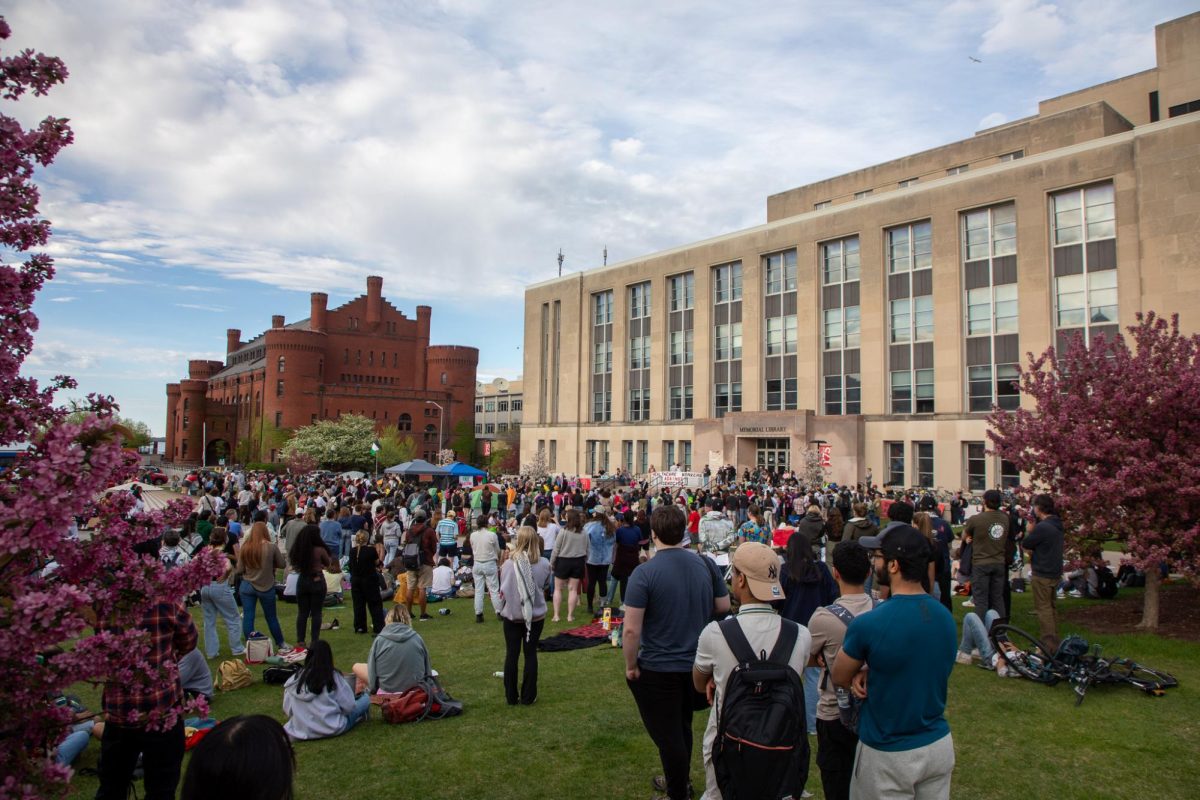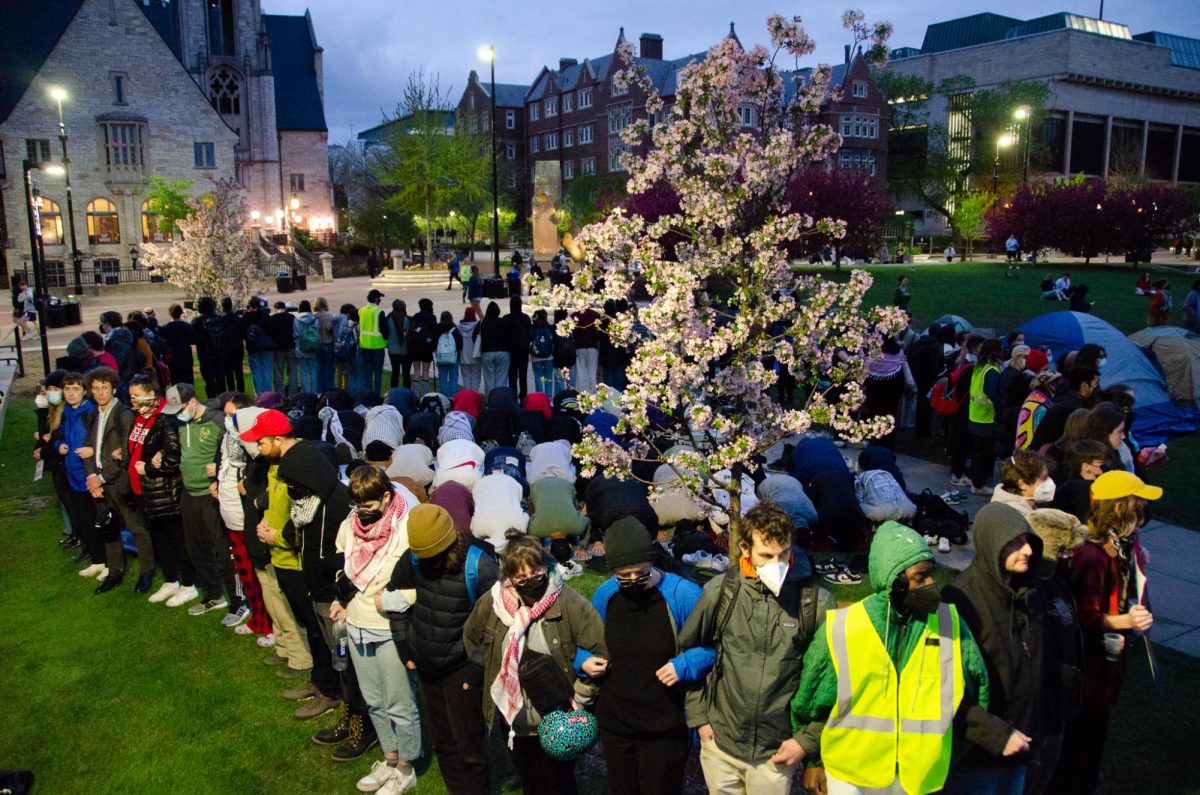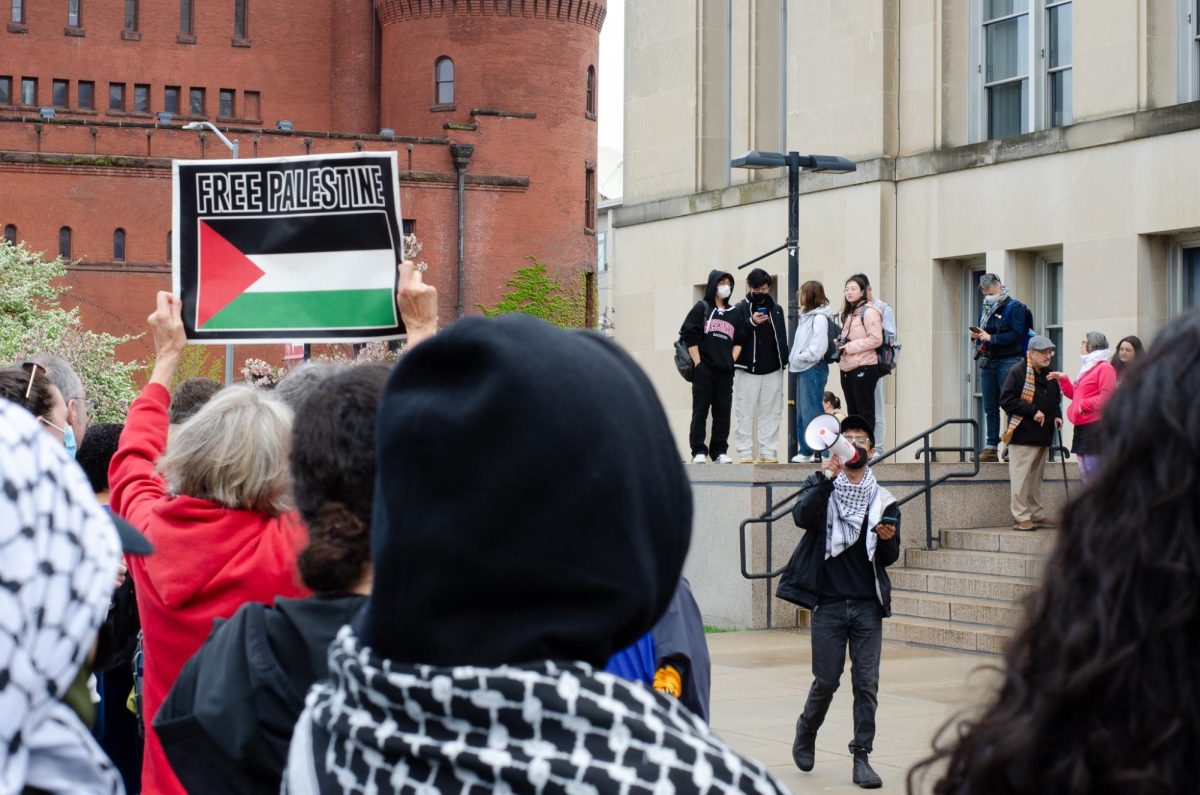InterVarsity Christian Fellowship, a Madison-based organization that aims to build Christian communities on college campuses, is moving offices to accommodate growth.
InterVarsity’s headquarters has grown from a staff of 70 to 156 employees at its Madison headquarters since 1986, reflecting the national growth of the organization, Karon Morton, vice president of operations for InterVarsity, said.
“[The move] means accommodating the growth that has been happening in InterVarsity since 1986 and also positioning us for growth for the next decade,” Morton said.
Morton said she attributes the national growth of InterVarsity to two clear cut strategic plans with similar visions put in place over the past decade. In these plans, taking place from 2007-12 and 2013-17, Morton said the organization has actively reached out to students to make their ministry more relevant.
To aid in this relevance, Morton said InterVarsity has listened to students echoing concern over diversity issues. She said her organization takes issues of diversity seriously and attempts to address them in the gospel.
Morton also said the organization has made it a priority to be multi-ethnic. According to InterVarsity’s website, of the 40,299 active students in the organization nationally, 15,060 identify as ethnic minorities.
At University of Wisconsin, InterVarsity has three chapters that cater to specific groups on campus. These include a multi-ethnic chapter for all students, an Asian American chapter and chapter serving fraternities and sororities, UW Chapter President Cassandra Chiao said.
But unlike the national organization, UW’s chapter has not witnessed growth. Chiao said the undergraduate multi-ethnic organization has seen a decline from 85 consistent members two years ago to 55 this year.
Chiao also reflected upon how the UW chapters, just as the national organization, seek to be relevant to the student community.
“Especially when it comes to really big issues, like Black Lives Matter movement, InterVarsity tries to partner with the university to be able to show love to the people who are hurting on campus and try to get the message out there of what we believe and how we want to help and partner with people who are in situations like this,” Chiao said.
On campus, Chiao said while InterVarsity occasionally hosts larger events, they usually focus on smaller scale events in which pastors join students for group Bible studies.
Morton said campus chapters also engage in proxy sessions, which she said are meant to push students to consider and discuss provocative questions to invite students to consider who Jesus is. From this, Morton said their goal is for college students to develop their spirituality along with their academics.
Despite the organization’s growth, InterVarsity still faces challenges establishing itself on college campuses, said Greg Jao, vice president and director of campus engagement.
Specifically, the organization has found itself at odds with university non-discrimination policies. He said InterVarsity’s practice of electing chapter leaders on the basis of their belief in Christianity has not always fared well with university administrators.
Because the organization refuses to sign non-discrimination policies that forbid the use of religious criteria to elect leaders, 25 universities across the nation have de-recognized InterVarsity campus chapters, according to the InterVarsity 2013-14 report.
Jao said this makes reaching out far more difficult for those campus chapters, which in some instances have paid up to $30,000 to rent university space.
“It’s possible to have strongly held beliefs and still work in concert with the people with whom we disagree,” Jao said.























